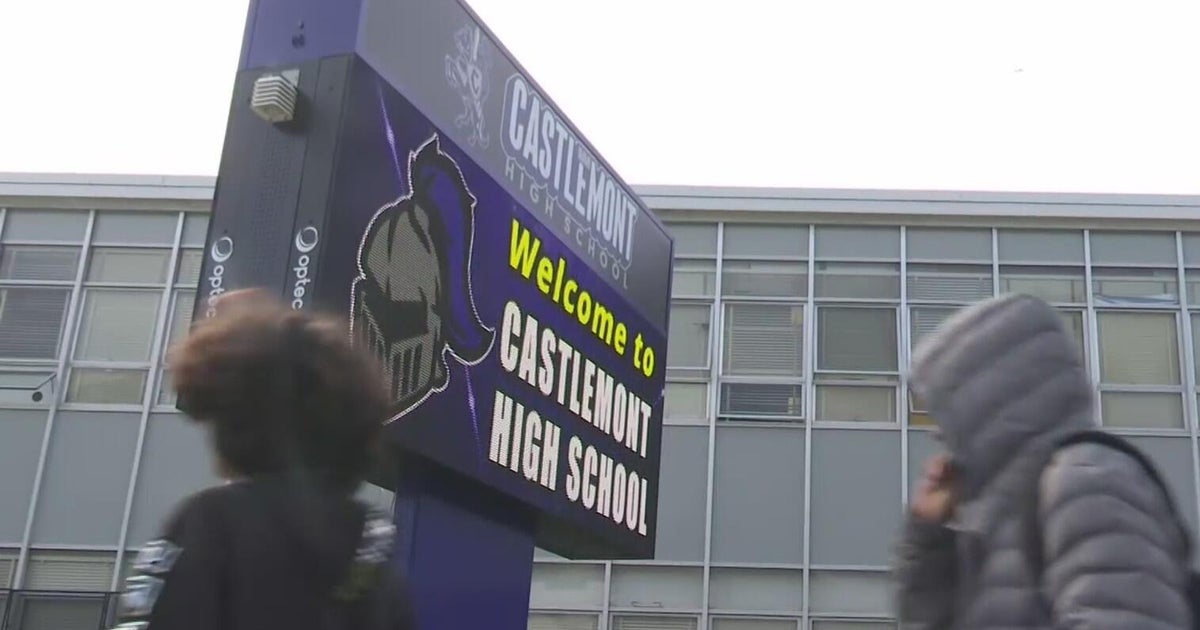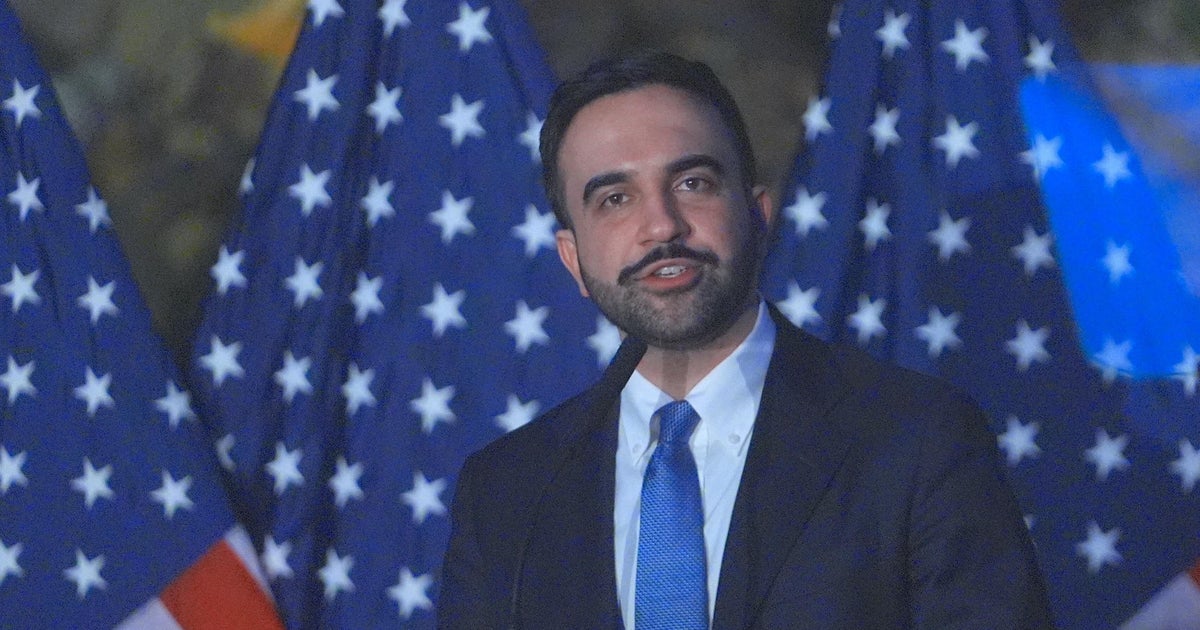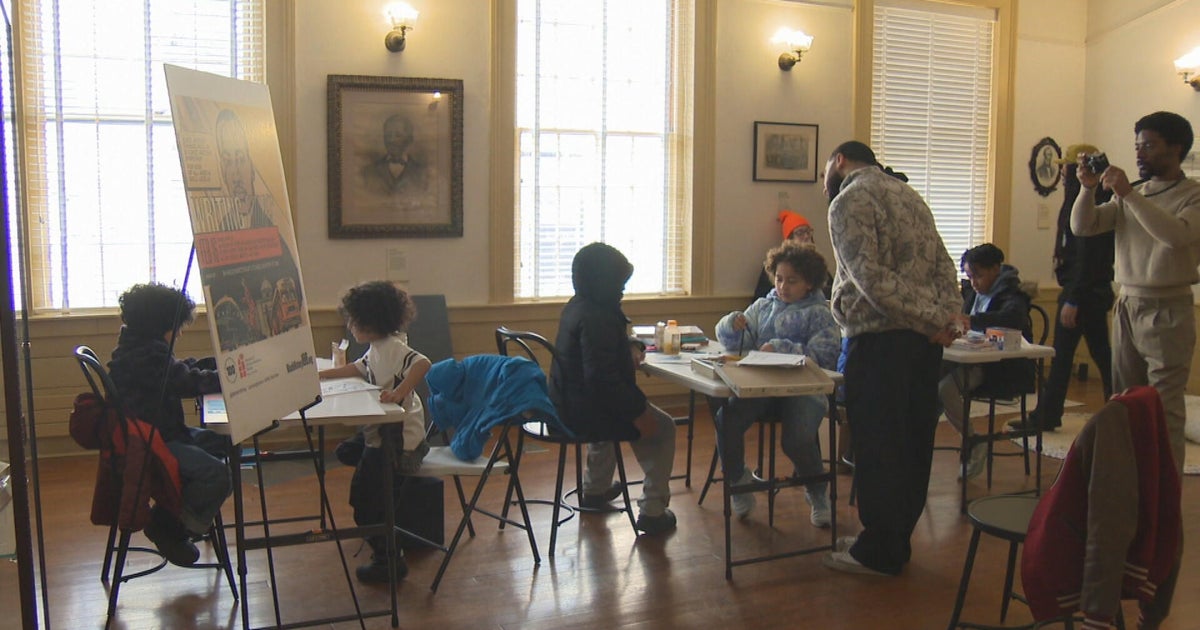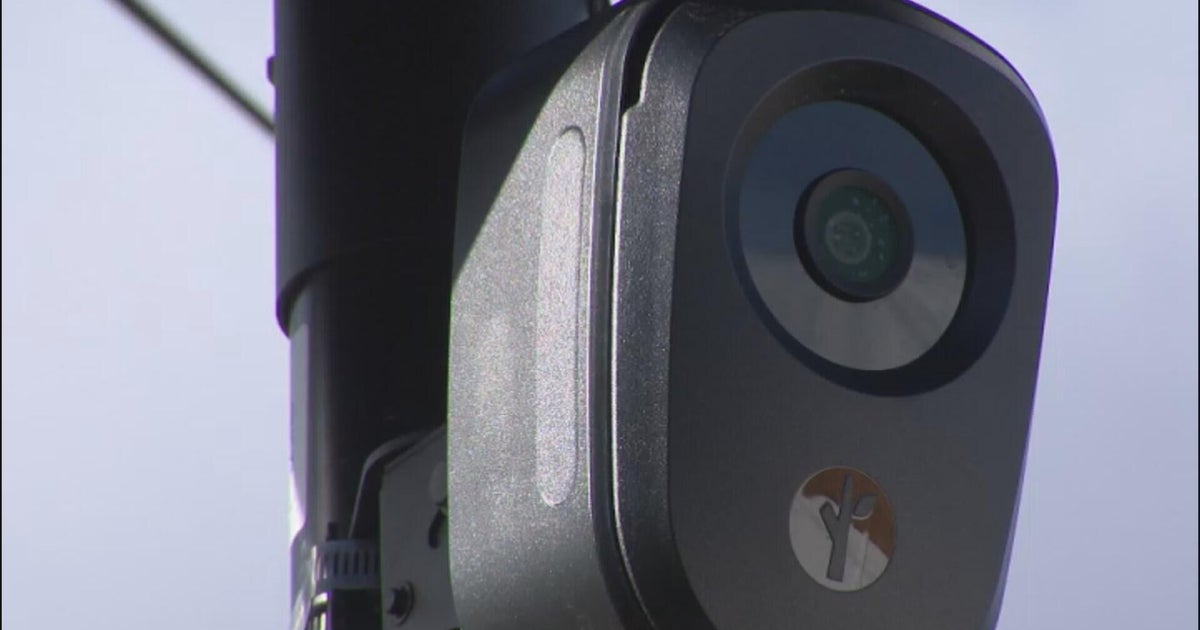City, Teachers' Union Praise State-Imposed Teacher Evaluation System
NEW YORK (CBSNewYork/AP) - The New York state Education Department imposed an evaluation system on New York City teachers Saturday after the city and the teachers' union failed to agree on a way to measure teacher effectiveness.
The evaluation plan incorporates student test scores, principal observations and other data. Twenty percent of each score will be determined by "locally selected measures'' that individual schools can set.
"This is a clear win for students that will benefit generations of New York City public school children,'' Mayor Michael Bloomberg said in a statement. "Today marks a major milestone in our reform efforts, and it will benefit students for generations to come.''
Under the new system, the city's 73,000 teachers will be rated highly effective, effective, developing or ineffective. Teachers who are rated ineffective two years in a row will face expedited disciplinary hearings.
City, Teachers' Union Praise State-Imposed Teacher Evaluation System
The city forfeited $250 million in state aid when the administration and the unions missed a Jan. 17 deadline to agree on an evaluation system. Out of nearly 700 school districts, New York City was the only one in the state to have an evaluation plan imposed on it.
State Education Commissioner John King said the evaluation system will help teachers teach better "so that our students can learn more and become better prepared for college and careers.''
New York City Schools Chancellor Dennis Walcott called the evaluation system "a major victory for our students.
"I'm extremely pleased with the commissioner's announcement today and we look forward to implementing it,'' Walcott said.
United Federation of Teachers President Michael Mulgrew said teachers "will now have additional protections and opportunities to play a larger role in the development of the measures used to rate them.''
"The New York City Department of Education will not be able to fire its way to academic success," Mulgrew told reporters including WCBS 880's Monica Miller. "And so, we're happy with this."
The broad outlines of the plan were set out by state law.
For those teachers whose students take statewide standardized tests, student progress on the tests will account for 20 percent of an evaluation. That proportion will rise to 25 percent if the state Board of Regents approves a new statewide evaluation system. Other types of performance assessments will be used for teachers whose students don't take standardized tests.
The "locally selected measures'' category - 20 percent of each evaluation - can be determined by a committee at each school. The proportion will drop to 15 percent if there is a new statewide system.
"We're very pleased with the decision," Walcott said.
Mulgrew noted in his statement that teachers "will have an equal say with administrators on the committee that will recommend the instruments that each school will use.''
Sixty percent of the evaluation will be determined by observations by a teacher's principal for kindergarten through second grade. For grades 3 through 12, 55 percent will be determined by principal observations and 5 percent by student surveys. The student surveys will be done as a pilot program in the 2013-2014 school year and, after that, will count toward the teacher's rating. Walcott called the chance for students to grade their teachers "groundbreaking.''
"A vast majority of teachers are really good, some of them are still developing and they just need support," Shael Polakow-Suransky with the DOE said. "There are teachers that are very weak and shouldn't be teaching and there needs to be a process to remove them."
King also imposed an evaluation system for principals. Sixty percent of their evaluations will be based on visits by a superintendent or his or her designee.
Ernest Logan, president of the Council of School Supervisors and Administrators, said the deal "preserves many of the same tools our principals are accustomed to while at the same time substantially improving our due process protections and safeguards.''
King said New York City's plan will be in effect "in perpetuity'' unless both sides agree to change it through collective bargaining. City officials are hailing that element of the plan as a victory because their refusal to consider a two-year "sunset clause'' was a major factor in the impasse with the UFT.
"Our refusal to accept a sunset provision was a primary reason why talks with the UFT broke down in January, and this ruling validates our decision to hold firm,'' Bloomberg said.
You May Also Be Interested In These Stories
(TM and © Copyright 2013 CBS Radio Inc. and its relevant subsidiaries. CBS RADIO and EYE Logo TM and Copyright 2013 CBS Broadcasting Inc. Used under license. All Rights Reserved. This material may not be published, broadcast, rewritten, or redistributed. The Associated Press contributed to this report.)







